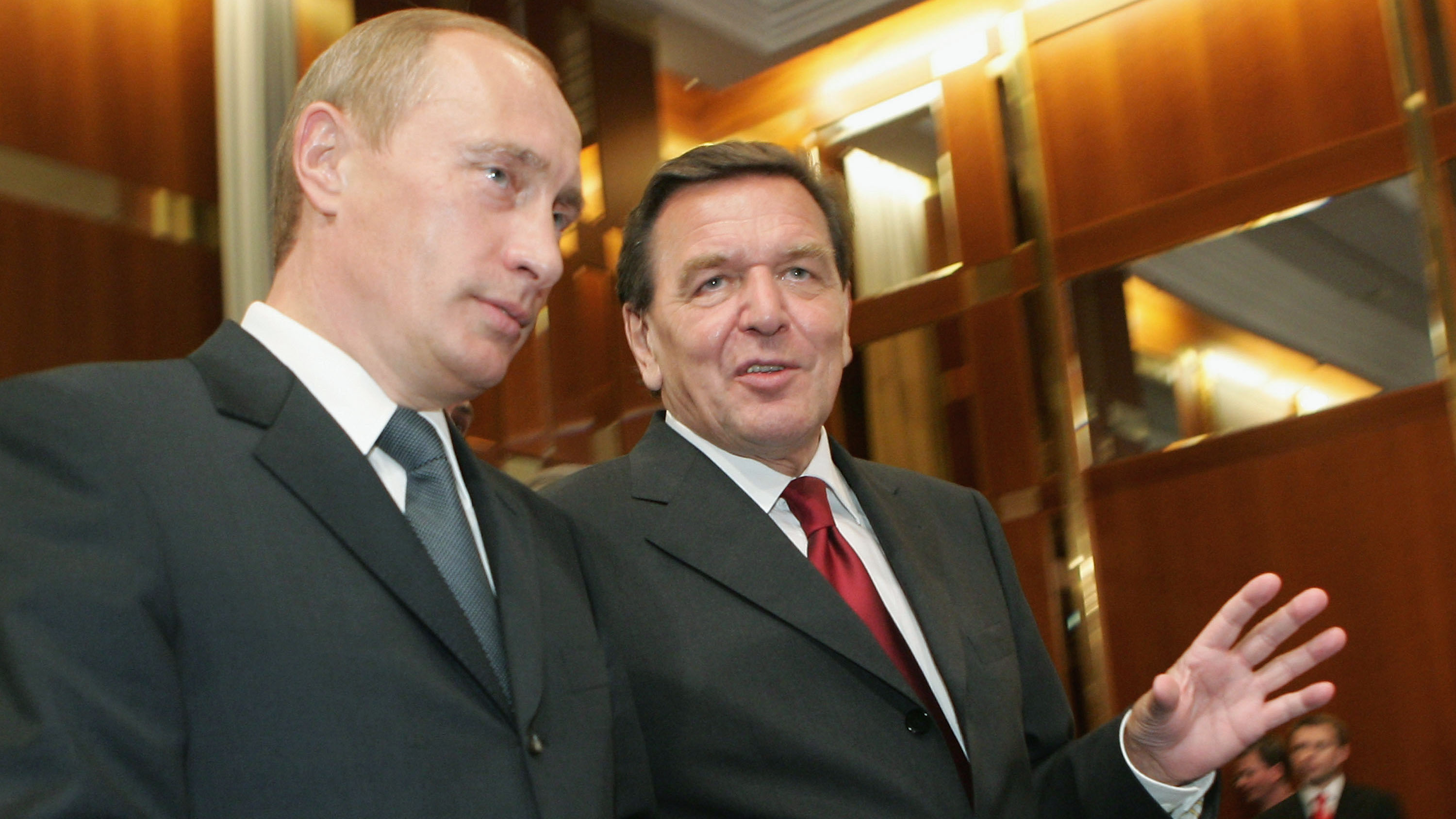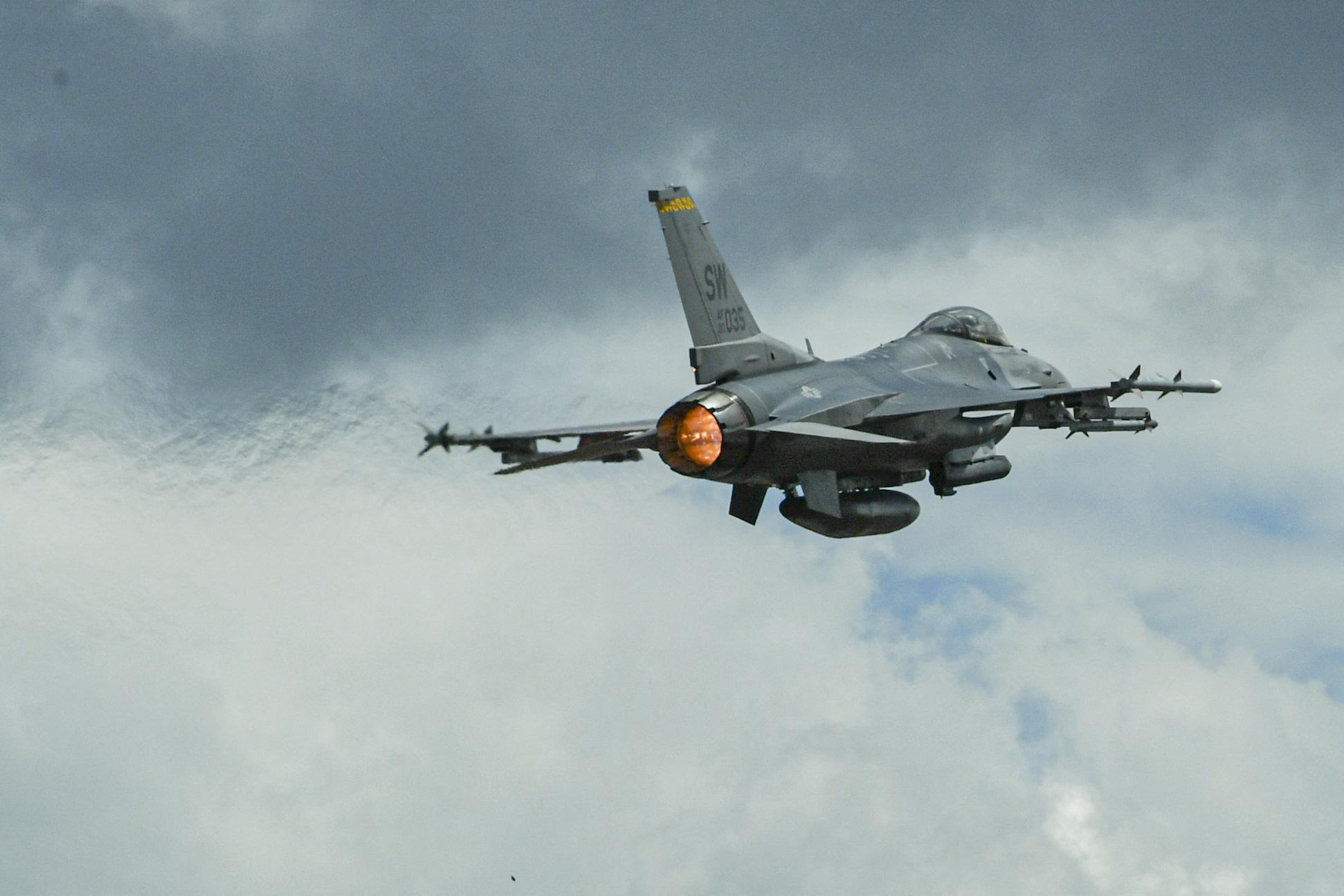The End of British Power

What’s the Latest Development?
The British military will soon no longer be a “full spectrum” fighting force, said the head of the country’s army, navy and air force before a session of Parliament last week. As a result, its armed forces will not be able to fight low-level conflicts like counterinsurgency while maintaining preparedness for larger state-to-state combat. “Prime Minister David Cameron announced plans to cut the military budget by 7.5% and the head count by 10% over five years, and to retire lots of equipment, leaving the armed forces with 40% fewer tanks and 35% less heavy artillery.”
What’s the Big Idea?
America may no longer be able to call on Britain, the leader of second-tier military powers since the end of World War II, to support its military action abroad. This could have consequences for the feasibility of American operations as well as the U.S.’s ability to build a broader consensus for military action. “Britain’s defense-budget cuts come amid a sweeping government austerity program that will see police numbers fall, welfare payments cut and government services pared back.” Its military leaders say commitments in Libya and Afghanistan are already stretching fighting forces very thin.




